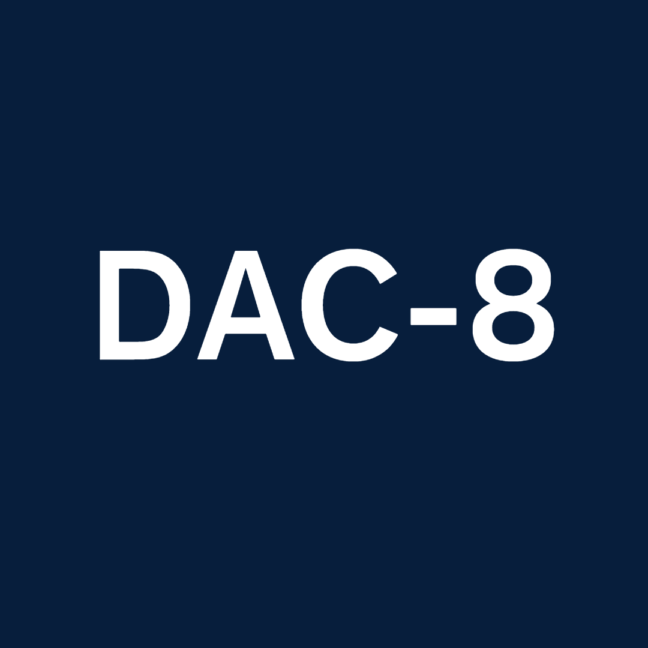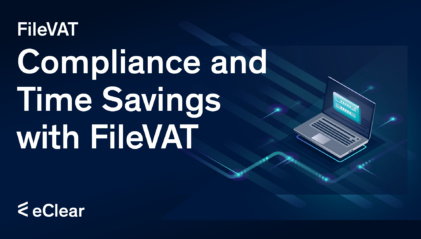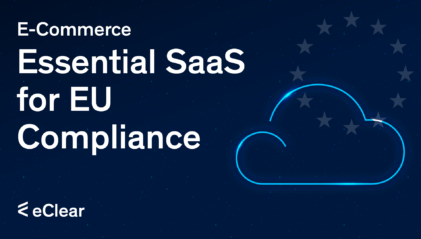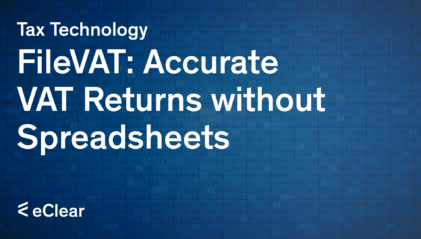On October 29th, 2014, over 50 countries signed the Multilateral Competent Authority Agreement (MCAA) at the Global Forum on Transparency and Exchange of Information. This landmark agreement, developed by the OECD and G20, establishes the Common Reporting Standard (CRS). The CRS mandates the automatic exchange of financial account information between countries to combat tax evasion and protect the integrity of tax systems.
In international tax cooperation, the Directive on Administrative Cooperation (DAC) is a series of EU directives that mandate the automatic exchange of tax-related information between member states. The DAC aims to combat tax evasion and ensure fair taxation practices. Unlike the global Common Reporting Standard (CRS), the DAC focuses on administrative cooperation within the EU. This page will delve deeper into the DAC directives and their specific impacts on businesses operating within the European Union.
The eight stages of the DAC
The Directive on Administrative Cooperation (DAC) is a European Union directive that requires all EU member states to share certain information related to tax matters with each other. The information exchanged includes details about employment income, director’s fees, life insurance products, pensions, ownership, and income from immovable property. This sharing of information helps to prevent tax evasion and other financial crimes by making it more difficult for individuals and companies to hide assets or income from tax authorities. The DAC has been in effect since 2014 and is an important tool for promoting tax transparency and cooperation among EU member states.
DAC1 – Control information
The Directive “DAC-1 — 2011/16/EU” is the cornerstone of tax-related information exchange within the European Union. It establishes the following:
- Mandated Cooperation: Rules for how EU member states must share tax information.
- Electronic Exchange: Protocols for secure, digital information sharing.
- Coordination & Evaluation: Procedures for collaboration between member states and the EU Commission to ensure compliance and effectiveness.
Significantly, DAC-1 operates alongside other legal frameworks. It does not interfere with criminal investigations or existing international agreements for broader cooperation.
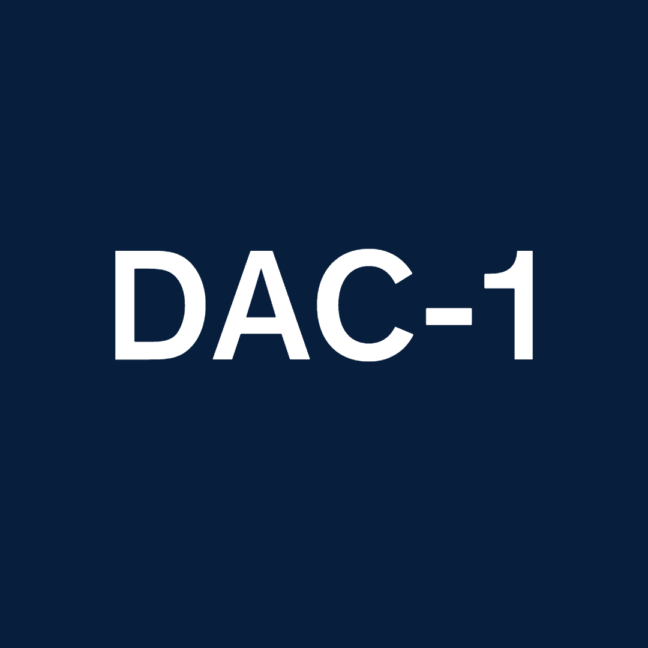
Effective January 1st, 2015, the Directive mandates the automatic exchange of information on the following categories of income and capital:
Income:
- Dependent Earned Income: Salaries, wages, and other employee compensation.
- Pensions: Retirement income distributions.
- Remuneration of the Board of Directors: Fees paid to company directors.
- Licence Fees (from 1/1/2024): Income from the sale or use of intellectual property.
Capital:
- Possession of and income from immovable property: Ownership and rental income related to real estate.
- Life Insurance Products: May refer to investment-linked life insurance with a potential cash value.
DAC2 – Banking information
The DAC-2 amendment (2014/107/EU), effective January 1st, 2017, expanded the scope of automatic information exchange between EU member states and participating countries. This directive targets tax evasion by requiring financial institutions (banks, brokers, etc.) to report the following information on accounts held by residents of other participating states:
- Account balances
- Interest income
- Dividends
- Income from the sale of financial assets
- Other account-related income
DAC-2 replaced previous agreements (like the Savings Tax Directive) that were less effective in ensuring individuals paid taxes on income earned in other countries.
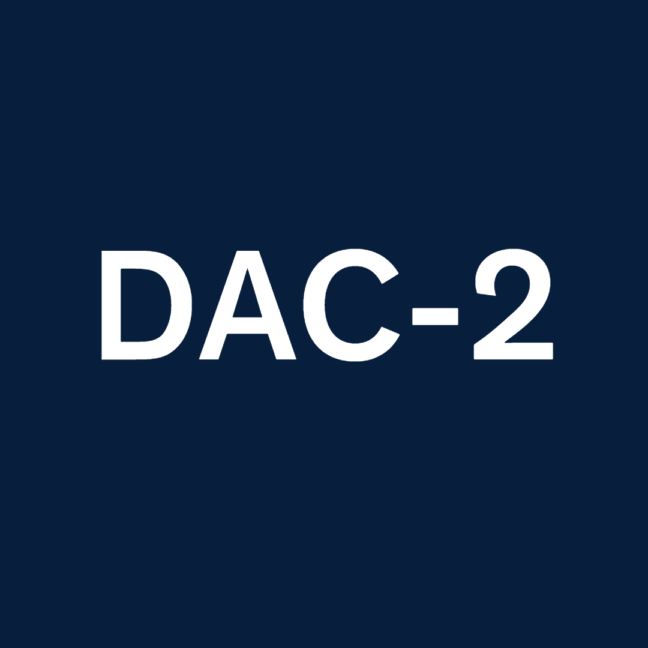
The following information has been reported since the cut-off date of 31.12.2016
Under DAC reporting requirements, the following data must be collected and exchanged:
Account Holder Information:
- Name (individual or legal entity)
- Address
- Country of Residence
- Tax Identification Number (TIN)
- Date and Place of Birth (for individuals)
- Account Number
Account Information:
- Account balance or value at the end of the calendar year
- For Custody Accounts:
- Total gross interest, dividends, and other income
- Total gross proceeds from the sale of financial assets
- For Deposit Accounts:
- Total gross interest income
Purpose: This data collection is mandated by EU directives to ensure the fair taxation of financial assets and income, aiming to prevent tax evasion.
DAC 3 – Rulings
The Council Directive 2015/2376/EU, also known as DAC-3, builds upon DAC-1 by strengthening information sharing between EU tax authorities. An essential addition is the automatic exchange of information on “advance tax rulings” with a cross-border dimension.
- Advance tax rulings are pre-approved agreements between a company and a tax authority on how taxes will be calculated on future transactions.
- Transfer pricing agreements are a specific type of advance tax ruling that applies to transactions between related companies in different countries.
This information exchange helps prevent companies from exploiting loopholes in national tax laws.
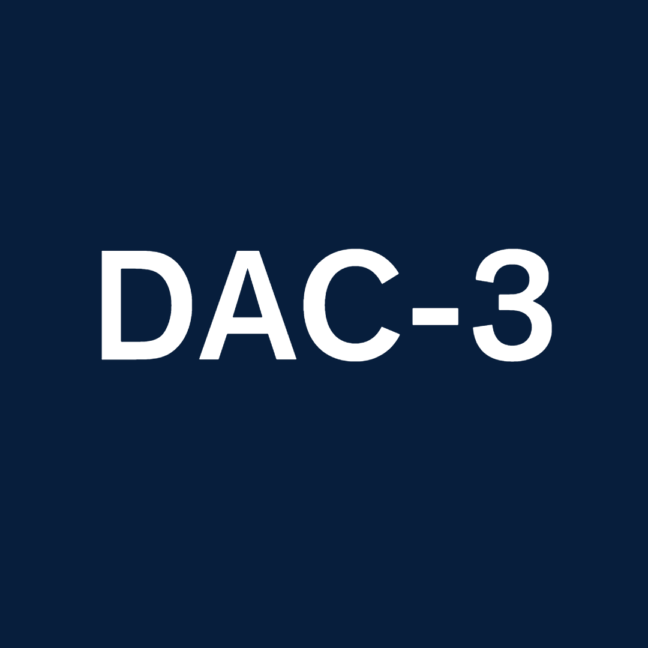
The Directive mandates the automatic exchange of information on advance tax rulings and agreements between all EU Member States. This requirement has been in effect since January 1st, 2017. Additionally, there are provisions for sharing information with third countries under specific circumstances:
- Genuine Information Related to Cross-Border Transactions: This likely refers to information deemed relevant and reliable, specifically when it involves:
- Transfer Prices: How prices are set for transactions between related companies across borders.
- Reorganisations or Group Taxation: Inquiries into corporate restructuring or tax calculations for multinational corporations.
DAC 4 – Country by Country Reporting
Directive DAC-4 (2016/881/EU) introduced Country-by-Country Reporting (CBCR) to enhance tax transparency. Multinational corporations with consolidated revenue exceeding 750 million euros must prepare and submit a CBCR. This report provides tax authorities with a detailed breakdown of the company’s:
- Profits
- Taxes paid
- Business activities …across each country where they operate.
CBCRs apply to financial years starting on or after January 1st, 2016. Companies must submit the report to the relevant tax office (in Austria, typically the ultimate parent company’s location) within twelve months of their financial year-end.
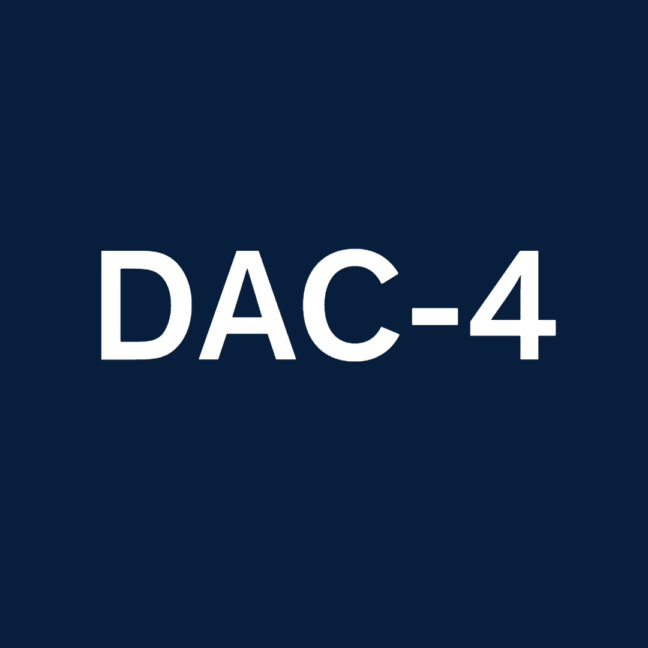
DAC 5 – Tax access to beneficial ownership information
Directive DAC-5 (2016/2258/EU) is a crucial EU regulation designed to combat money laundering and enhance tax transparency. It mandates that tax authorities have access to “beneficial ownership” information, which reveals the actual individuals who control companies or trusts (even if they’re not on paper). For example, a shell company may list a nominee, but the beneficial owner is the person pulling the strings.
DAC-5 makes it harder to hide illicit funds or evade taxes. Promoting transparency and cooperation between EU states has become a powerful tool against financial crime.
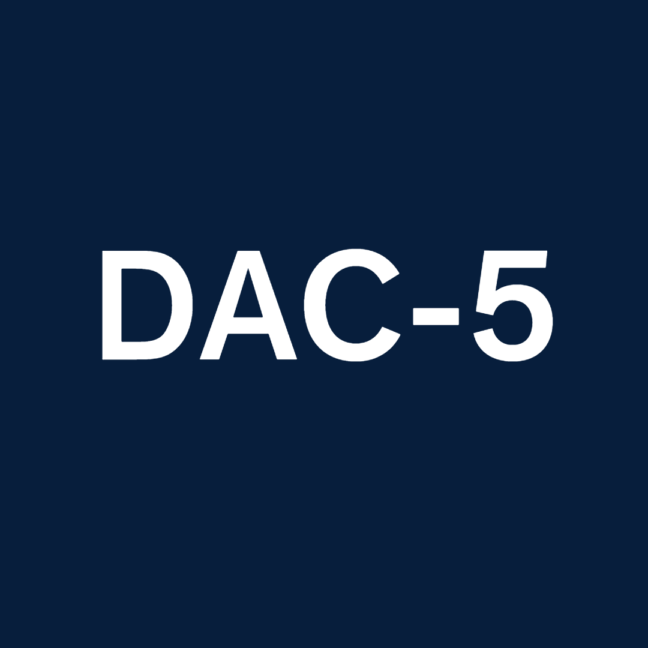
DAC 6 – Tax planning models
Directive DAC-6 (2016/881/EU) aims to prevent aggressive tax avoidance schemes. It requires tax intermediaries (advisors, lawyers, etc.) to report any tax planning models that exhibit specific “hallmarks”— these are red flags suggesting potential abuse. Reporting a model doesn’t automatically mean it’s illegal, but it helps authorities investigate further.
DAC-6 mandates information sharing between EU member states. This international collaboration helps quickly identify and dismantle abusive tax schemes. The directive also includes penalties for non-compliance, both for intermediaries and taxpayers.
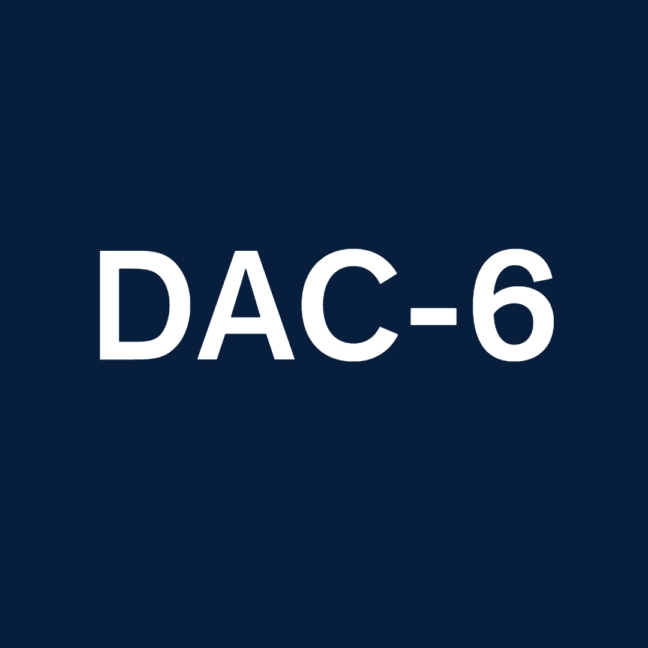
DAC 7 – Information about providers on digital platforms
Directive DAC-7 (2021/514/EU) targets the gig economy and online marketplaces. It requires operators of digital platforms (like Airbnb, Etsy, or Uber) to report information on sellers who use their platform. This aims to increase transparency and ensure sellers correctly pay taxes on platform-generated income. By sharing this data between EU member states, tax authorities can more easily track income and enforce tax laws.
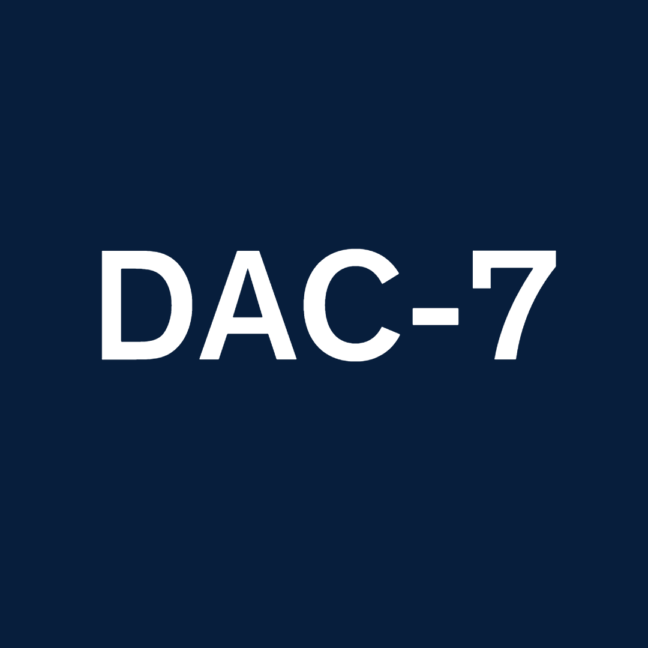
DAC 8 – Markets in Crypto-assets
Fair taxation is essential for funding public services, but cryptocurrencies’ decentralised and often cross-border nature makes it hard for tax authorities to track taxable events. DAC-8 expands information exchange within the EU to address this, targeting income and transactions involving crypto-assets held by EU residents.
Building on definitions from MiCA and aligning with the OECD’s CARF initiative, DAC-8 aims to combat tax evasion by increasing transparency. This is crucial, as cryptocurrencies can be traded anonymously across global exchanges, making traditional tax tracking difficult.
